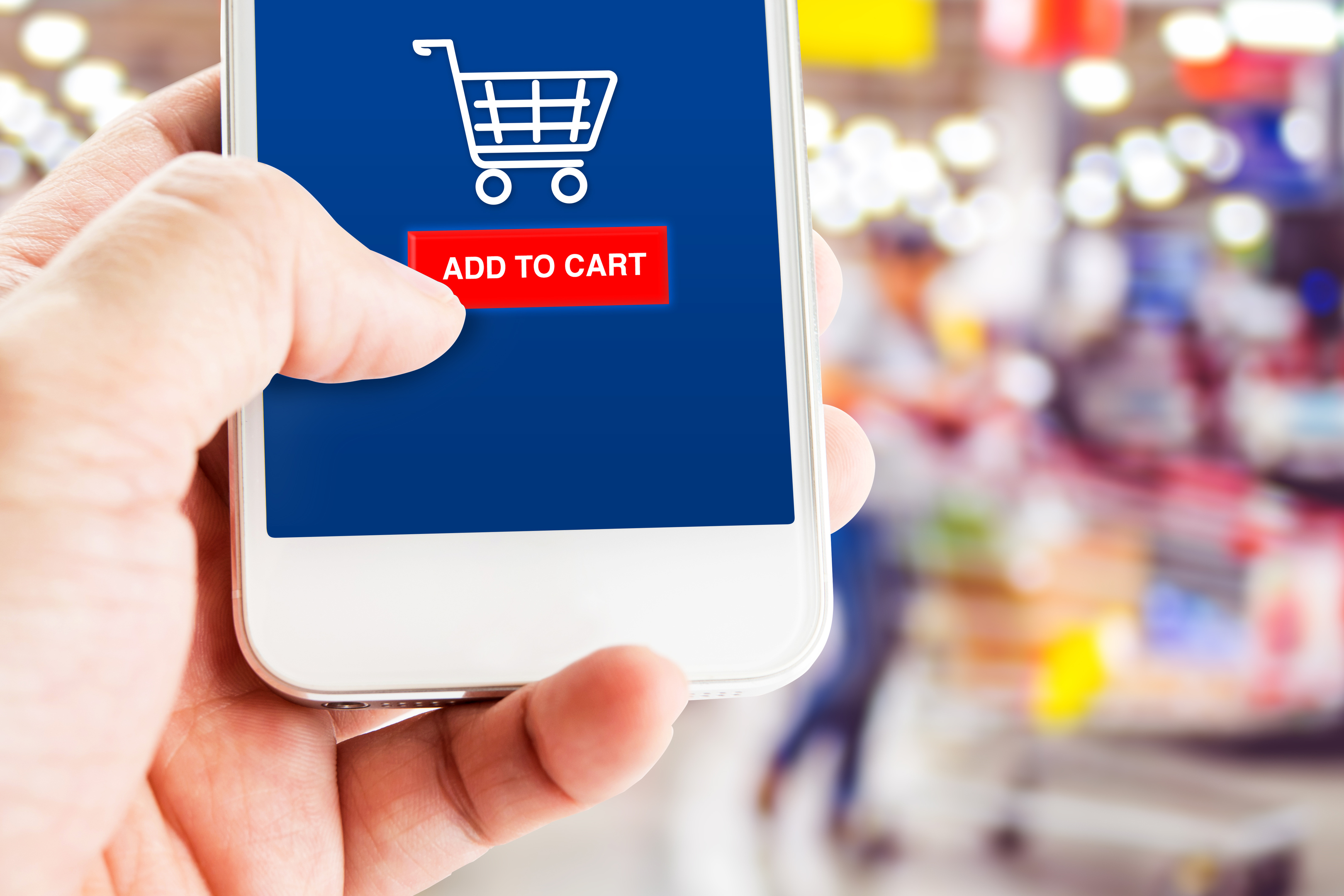
THE UK’s online grocery market has failed to “lift off” as consumers harbour doubts about freshness and prove unwilling to give up the social side of supermarket shopping, according to a report.
Almost half of consumers (46%) have tried online grocery shopping but just 15% do so a few times a month, YouGov found.
The findings indicate that the majority of consumers are still using bricks and mortar supermarkets for the bulk of their grocery shopping.
Furthermore, 87% of online shoppers are going to a bricks and mortar store to top up their groceries during the week.
Recent Office for National Statistics figures found only 6% of total UK grocery sales are made online.
Some 71% of those who do not shop online said the biggest barrier was not being able to touch products before buying them, while 44% of online shoppers also think this is a downside to the process.
Almost six in 10 (57%) non-online shoppers say they do not trust the quality and freshness of the products they could buy, a concern echoed by 31% of those who do buy their groceries online.
More than half of non-online shoppers (51%) say they enjoy going to a supermarket, while 34% believe they would miss the social contact involved in a trip to the shops.
Some 38% of bricks and mortar customers and 35% of online shoppers believe delivery costs are too high, while 19% say they have not tried online shopping because they worry that the delivery times will be inconvenient.
Stephen Harmston, head of YouGov Reports, said: “Despite online grocery being around for years, we’re still waiting for the ‘lift off moment’ that has characterised other industries such as fashion and home retail.
“While some barriers might be tough to overcome – wanting to go shopping for social reasons, for example – others may be easier to address.
“A major one would be delivery charges. Grocery stores could look to implement top-up online delivery options throughout the week, so long as consumers commit to a minimum spend via their main shop.
“If traditional supermarkets aren’t able to do this, it may leave the door open for a disrupter – such as the likes of Amazon – to fill that gap and capitalise on the industry’s unlocked potential.”
YouGov surveyed 2,177 British adults between September 25-27 September.

Enjoy the convenience of having The Sunday Post delivered as a digital ePaper straight to your smartphone, tablet or computer.
Subscribe for only £5.49 a month and enjoy all the benefits of the printed paper as a digital replica.
Subscribe